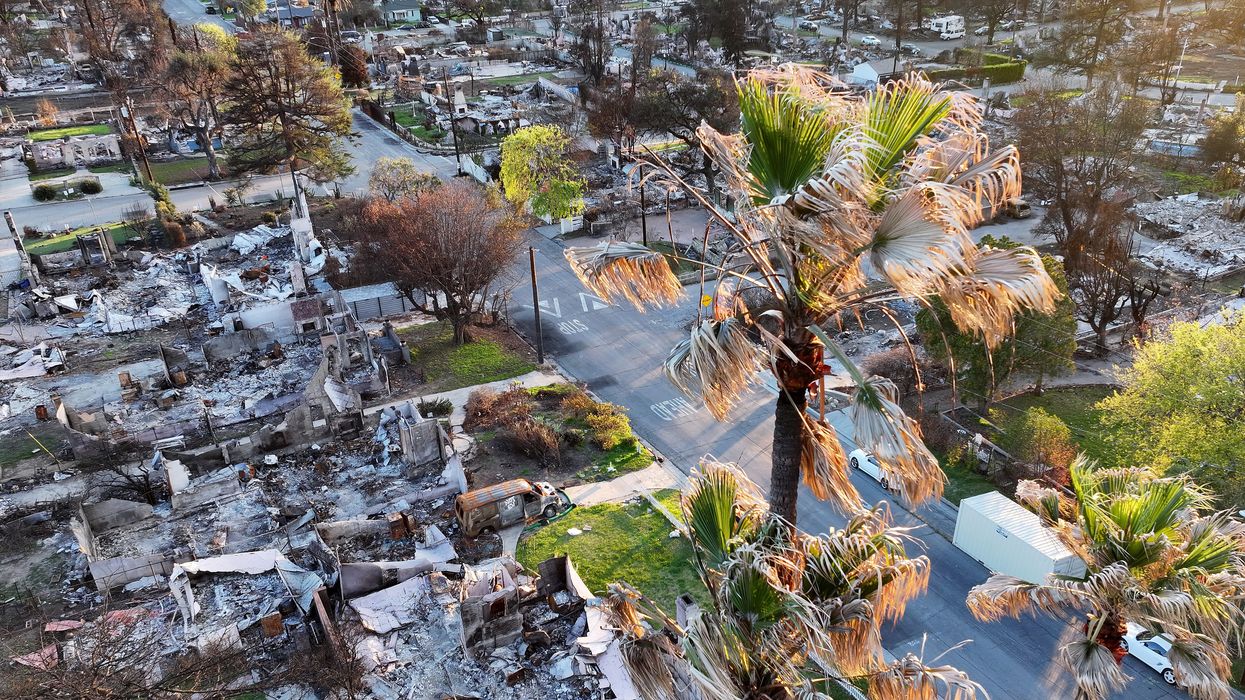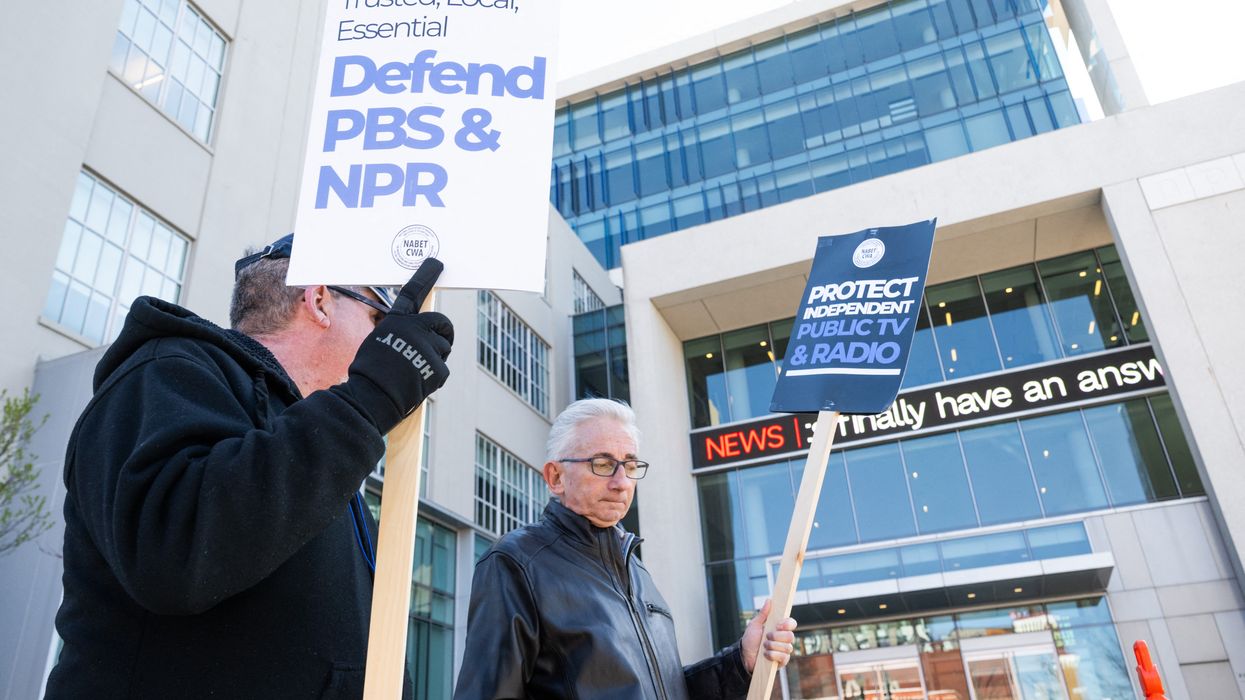It Is Long Past Time to Block the Bombs to Israel
The people of Gaza have already waited too long, but now there can be no other course but rapid action to end US complicity in the genocide Israel is conducting with the help of US weapons funded by our tax dollars.
Many people in the United States are understandably jaded by our current politics. Partisan divisions and corporate special interest domination of the agenda seemingly stymie solutions to our myriad problems, leaving ordinary citizens frustrated at our collective inability to advance sustainable solutions.
And yet, there are times when a situation is so dire, and the answer so clear, that mass common sense spreads like wildfire. This is such a time, with regard to mass public revulsion to Israel’s genocide (with a growing number of Members of Congress calling Israel's actions a genocide, including U.S. Senator Bernie Sanders (I-VT) and forced starvation of the Palestinian population ofGaza. By all accounts, Israel could not sustain this humanitarian calamity without U.S. weaponry, and recent U.S. public opinion polls show a decisive turn against Israel’s actions.
It is long past time to block the bombs to Israel.
The Biden Administration’s support for Israel was bad, but predictably, Trump has been worse, accelerating transfers of bombs and guns with monolithic Republican, and far too much Democratic, support, in spite of Israel’s clear violations of U.S. and international law in its mass killing of civilians and denial of life-saving humanitarian aid to Gaza.
That situation is changing, as at the end of July, a majority of Democratic and Independent Senators voted to prevent two proposed weapons transfers to Israel. Not a single Republican joined them in this or the previous two rounds of votes on Joint Resolutions of Disapproval on specific weapons transfers to Israel since last November, all introduced by US Senator Bernie Sanders (I-VT). More votes of this kind will likely follow, as the Senate allows for expedited, privileged resolutions on certain matters, whereas issues are much more easily bottled up by the majority in the House of Representatives.
However, the House is far from silent on this issue, as a growing number of Democratic and (again, no Republican) Representatives have signed on as cosponsors on HR 3565, the Block the Bombs to Israel bill introduced by US Rep. Delia Ramirez (D-IL). The bill now has 47 cosponsors, and the number is steadily rising.
Over the August congressional recess, pro-peace organizers around the country raised the call to Ban the Bombs to Israel, including by protesting at congressional town hall meetings. Perhaps the most notable was that of Missouri freshman US Rep. Wesley Bell, who ousted progressive incumbent Cori Bush, who had introduced a bill advocating a ceasefire, with Bell receiving over $12 million in campaign cash from the pro-genocide organization AIPAC (American-Israel Public Affairs Committee). Security at the event forcibly removed peaceful, nonviolent protesters.
The bill is as close as we have to a de facto arms embargo on Israel, as it would ban transfers of seven specific offensive weapons systems, from bunker busting bombs to tank ammunition to white phosphorus artillery munitions. While House Speaker Mike Johnson and the Republican majority will probably not allow the bill to advance, even to consideration by a House committee, building support to Ban the Bombs to Israel can help put pressure on President Trump (who recently blurted out that Israel had lost its "total control" of Congress) to exert leverage on Israeli Prime Minister Netanyahu to end his inhumane slaughter in Gaza.
In addition to further votes on Joint Resolutions of Disapproval on specific weapons transfers to Israel, the Senate could also move privileged measures including a War Powers Resolution to prevent further support for Israel’s actions in Gaza, or an inquiry under section 502(B) of the Foreign Assistance Act for Israel’s clear violations of U.S. law. Or, the Senate could attach language such as that in the House Block the Bombs bill as an amendment to an Appropriations Bill.
None of those actions would be an easy lift, and would not be likely to pass (or override an expected presidential veto) but the reality now is the political tide has turned decisively against Israel.
Perhaps the simplest way to look at this is that advocates for peace and human rights have done their job, and the public has responded, as only 8% of Democrats approve of Israel’s actions in Gaza, with the overall number at only 32%, according to a recent Gallup poll.
So now it’s time for Congress to represent the will of the people, and do its job. It is far past time to help end the nightmare in Gaza by blocking the bombs to Israel.


